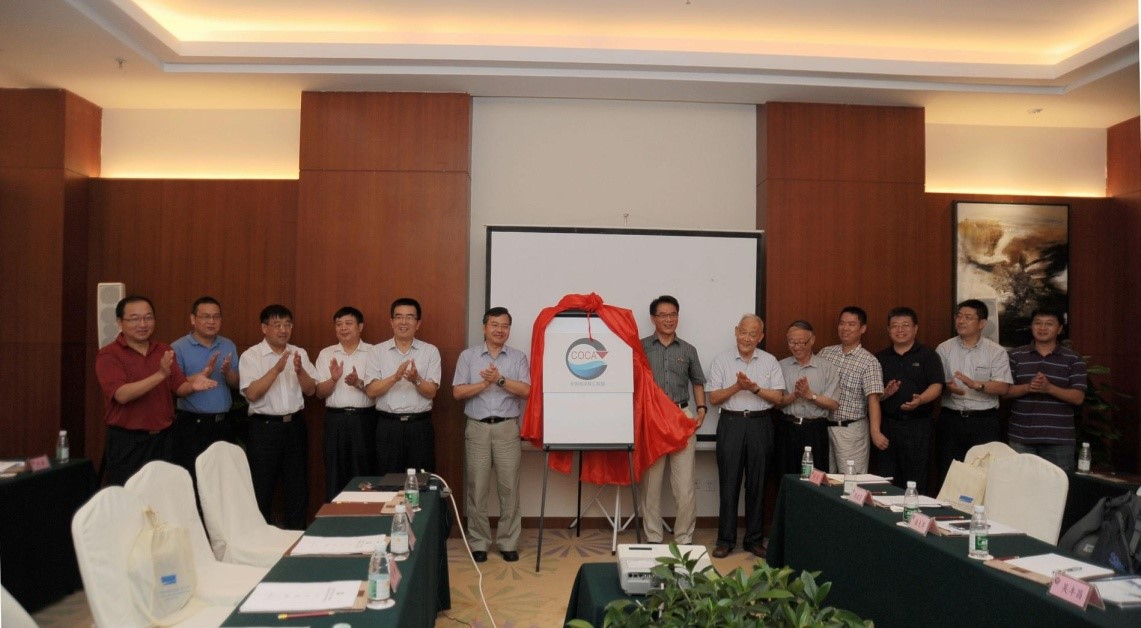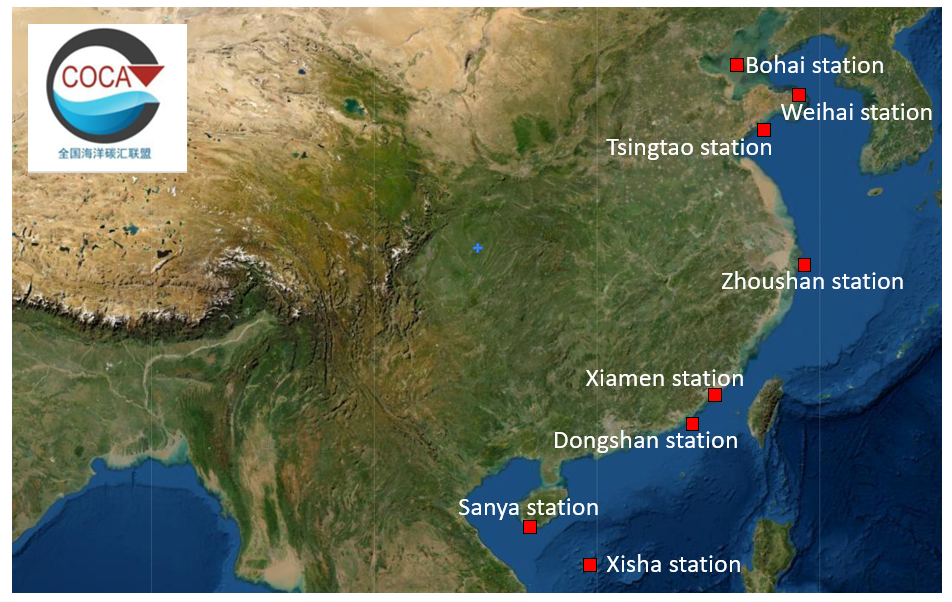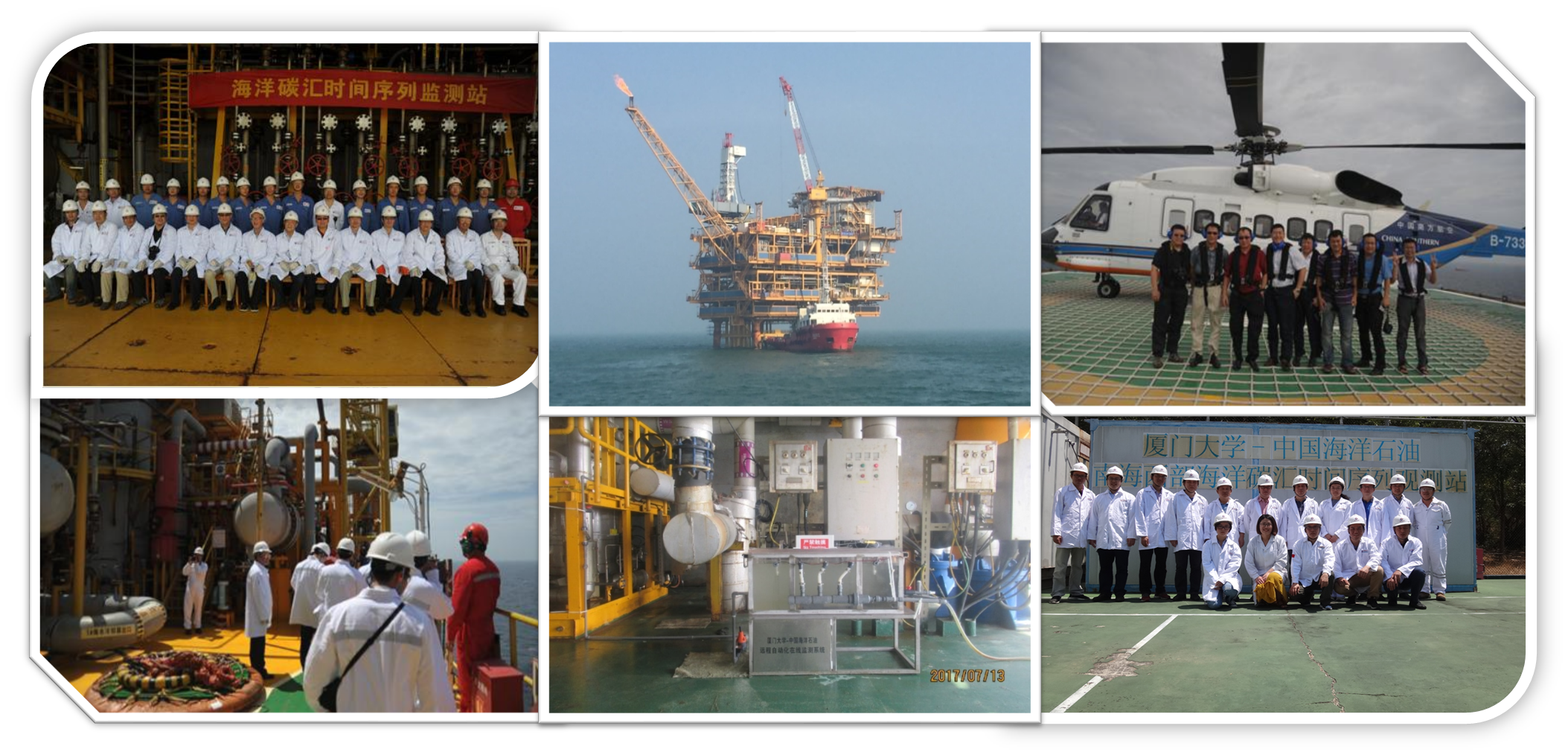A non-profit alliance, the Pan-China Ocean Carbon Alliance (COCA), was established in September, 2013, with members from 21 domestic Chinese institutions, including universities affiliated with the Ministry of Education of China, research institutes affiliated with the Chinese Academy of Sciences, and institutes/centers affiliated with the State Ocean Administration (now, the Ministry of Natural Resources), as well as enterprises including China National Offshore Oil Corporation (CNOOC). COCA aims to become a world-leading research cluster on the frontiers of ocean carbon sink and related fields. It will act as a platform for joint and interdisciplinary research involving research groups covering biologists, chemists, and geologists, and comparative studies between ancient and modern marine environments. By putting the ONCE theoretical framework into practical field and laboratory studies, we hope to provide a new, integrated view of microbial-mediated carbon flow in the marine environment to fill knowledge gaps in oceanic carbon sequestration. The major mission of COCA is to set up long-term time series stations for blue carbon monitoring along the Chinese coasts; to establish a series of protocols for core measurements related to marine carbon sinks, and to share data. The final goal of COCA is to seek ocean carbon storage mechanisms by uniting international strengths and making the best of both carbon emission reduction and sink increase through a policy-industry-research cooperation strategy.

Opening Ceremony of COCA
One of the achievements of COCA is the ”COCA-Time Series Stations” in the Bohai Sea, the East China Sea, and the South China Sea, including coastal ones as well as those at offshore oil platforms.

COCA-Time Series Stations

Notably, funded by CNOOC, we have built long-term time series stations at CNOOC Sanya Nanshan Terminal and Bozhong 26-3 oil drilling platform in the Bohai Sea, making full use of automatic online monitoring technology and sampling to carry out more comprehensive ecological investigations periodically to obtain environmental parameter indexes including temperature, salinity and nutrient, species, abundance, community structure, diversity, biomass and its dynamic changes, and other carbon cycle parameters of various microorganisms and key functional groups.
(Edited by Chengda Li)
(Editing Contact:xjz@xmu.edu.cn)